Huge decline in arts education since 2010

A new Fabian Society report Primary Colours reveals that two thirds (68%) of primary school teachers in England say there is less arts education now than in 2010, and half (49%) say the quality of what there is has got worse.
The report presents new findings from a Fabian/YouGov survey of a representative sample of 348 primary school teachers and a Fabian survey of 53 arts providers across England.
The report concludes that the government must take immediate steps to reverse this worrying decline, making 8 recommendations for reform including £150m ring-fenced funding for the arts in schools, greater emphasis on the arts in the national curriculum, free music or singing lessons for every child and a free school trip for every year to a local cultural institution.
The Fabian/YouGov poll of primary school teachers in England shows:
- A decline in quantity: Two-thirds of teachers (68 per cent) say arts provision in their primary school has decreased since 2010, with just 7 per cent saying there is more.
- A decline in quality: Almost half (49 per cent) of surveyed teachers say the quality of arts provision in their primary school has worsened since 2010, with just 13 per cent believing it has improved.
- A lack of support and resources: A majority of teachers (56 per cent) do not believe they have access to the resources and support to deliver a high quality arts education.
- A lack of skills and experience: Nearly half of teachers (45 per cent) also believe they do not have the skills and experience needed to provide a high quality arts education, compared to 32 percent who say they do.
- Not enough emphasis on arts: A majority of teachers (59 per cent) believe their school does not give enough emphasis to the arts, with only 37 per cent believing their school gives the right amount of emphasis and 3 per cent thinking their school gives too much.
- Reduced accessibility of arts outside of the classroom: A majority of teachers (58 per cent) believe there are fewer out of school arts trips, compared to 2010, with just 5 per cent saying there has been an increase.
Primary Colours, published in partnership with the charity Children & the Arts and the Musicians’ Union, makes a series of recommendations including:
- Increased and ringfenced school funding for arts education in English primary schools worth £150m, through an arts education premium for every primary school.
- An arts specialist available for every primary school in England, with increased arts training for all teachers.
- A greater priority for the arts in the English national curriculum, including by expanding the guidance given to schools for arts and music education, and creating new foundation subjects for drama and dance.
- No school should be judged ‘outstanding’ by Ofsted unless it offers high-quality arts education as part of a broad and balanced curriculum.
- Free music or singing lessons for three years for every primary school child in England who wishes to learn.
- A free visit to a local arts institution for every primary school child in England every year.
- New support for cultural education partnerships with funding to support local, place-based, and accessible arts education in every community.
Ben Cooper, report author and Fabian Society researcher, said:
“After taking account of inflation, primary school budgets have been under significant pressure over the last eight years, and the impact on arts education has been devastating. The government must urgently act to reverse the damage by funding arts in schools, ensuring greater emphasis for the arts in the curriculum and ensuring every young person has the chance to visit arts institutions and learn a musical instrument.”
Writer and comedian Ben Elton, who made a donation to support the cost of the research, said:
“It is so very sad that there has been such a shocking decline in arts education in our primary schools. The arts open minds, broaden horizons and help children to learn. They also make a huge contribution to the economy. Our creative talent is a precious national resource, it shouldn’t be only the private schools producing the next generation of actors, musicians, writers and designers. The government must act to ensure that the arts are at the heart of every child’s education.”
Diane Widdison, national organiser, Musicians’ Union, said:
“Access to arts education is a crucial part of any child’s education and should be an integral part of any broad and balanced curriculum offer. This research shows that access to the arts has been severely diminished in the primary sector due to challenging school budgets and the demands of trying to meet academic targets. We hope that policy makers now act to ensure the arts are at the heart of all children’s education.”
Rosie Millard OBE, CEO Children & the Arts, said:
“We were pleased to work with the Fabian Society on this important report. Its findings are shocking. We urge the government to take seriously the alarming decline of arts and creativity in primary schools and we support the idea of an arts specialist in every school. If you do not open out the arts to children, they will not think it is for them. We cannot allow the arts and culture of this country, which is subsidised by everyone, to be accessed and enjoyed by a tiny elite. That would be ruinous.”
A Department for Education spokesperson said:
“We want all pupils to have the opportunity to study the arts, which is why music and art and design are compulsory in the National Curriculum up to the age of 14.
“We are putting more money into arts education programmes than any subject other than PE – nearly half a billion pounds being used to fund a range of music and cultural programmes between 2016 and 2020.
“Analysis showed that through our Music Hubs programme over 700,000 children learnt to play instruments in class together in 2016/17. To help support pupils further, all primary schools have access to a free resource, Classical 100, developed by ABRSM, Classic FM and Decca, which gives pupils access to 100 of the most influential pieces of music.”
Shadow Arts Minister, Kevin Brennan MP, says:
“£1.3 million is nothing close to what is needed to fill the arts education funding hole created by almost nine years of Tory austerity. This is far too little, far too late.
“This Tory Government’s narrow-minded EBacc has pushed creative education to the margins. A report published today by the Fabian Society found that two-thirds of primary school teachers say arts provision has decreased since 2010.
“Labour’s Arts Pupil Premium will mean a £160 million boost for creative education. Culture must be for everyone, not just a wealthy, privileged elite.”
Having today (11 Jan) announced a £1.33million funding boost for music education hubs, School Standards Minister Nick Gibb, said:
“Having the opportunity to study and explore music isn’t a privilege, it’s a vital part of a broad and balanced curriculum – and that’s why I’m determined that all pupils should have access to a world class music education.
“All pupils at least up to the age of 14 should study music in school. We want to make sure their lessons are of the very highest quality and pupils leave school having experienced an excellent music education so those who wish to do so can take up opportunities to pursue musical careers.
“This new model curriculum and the new money for our successful music hubs will make sure the next generation of Adeles, Nigel Kennedys and Alex Turners have all the support they need in school.”
Secretary of State for Education Damian Hinds said:
“I want children to be taught a broad and balanced curriculum up to age 14, taking them to the point where they will consider which subjects to focus on at GCSE. During this time children should be exploring the widest possible range of subjects ranging from arts and music to English and maths.
“The new model music curriculum, being developed by a panel of experts, will be an example of how a full programme of study from years one to nine allows for deep exploration of a subject, whilst ensuring a link up of teaching between KS2 and KS3, and helping to reduce teacher workload.
“We will be working to develop high quality complete curriculum programmes across other subjects – including history and geography – to support teachers to provide a broad and ambitious curriculum across primary and secondary schools, so that young people can fully enjoy these subjects up to age 14.”


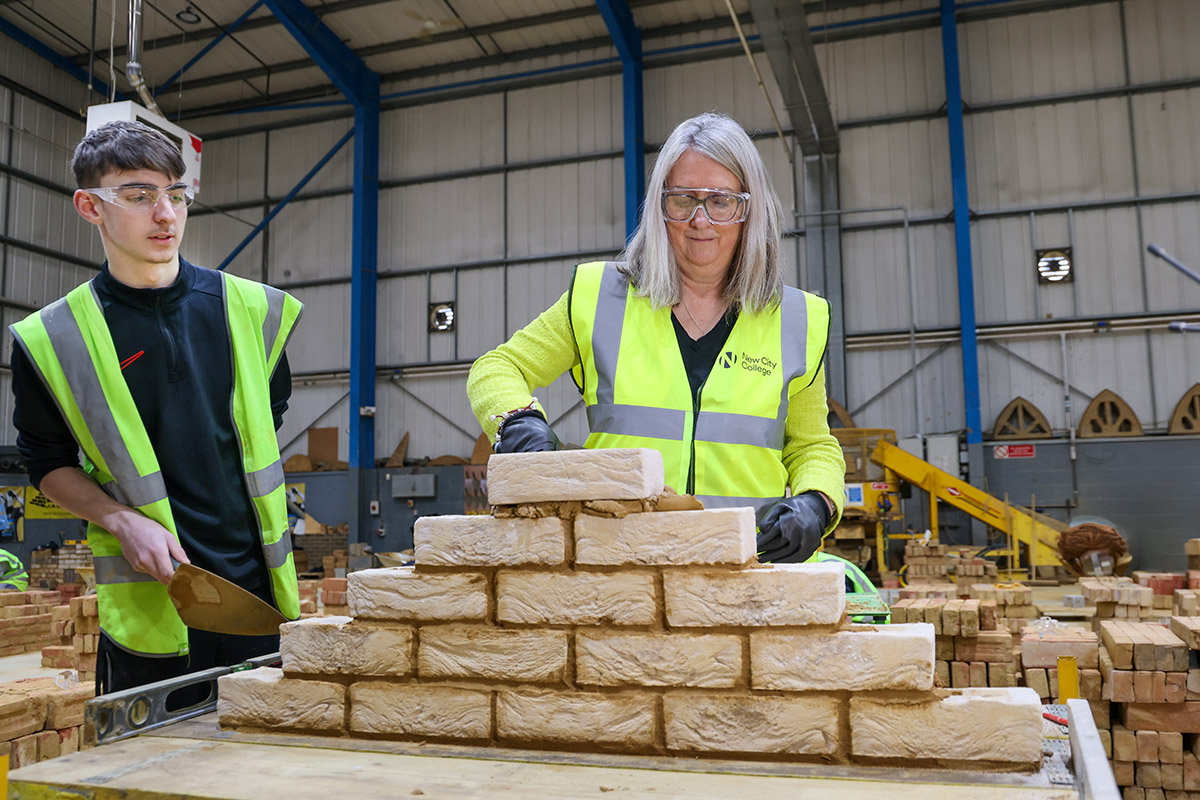
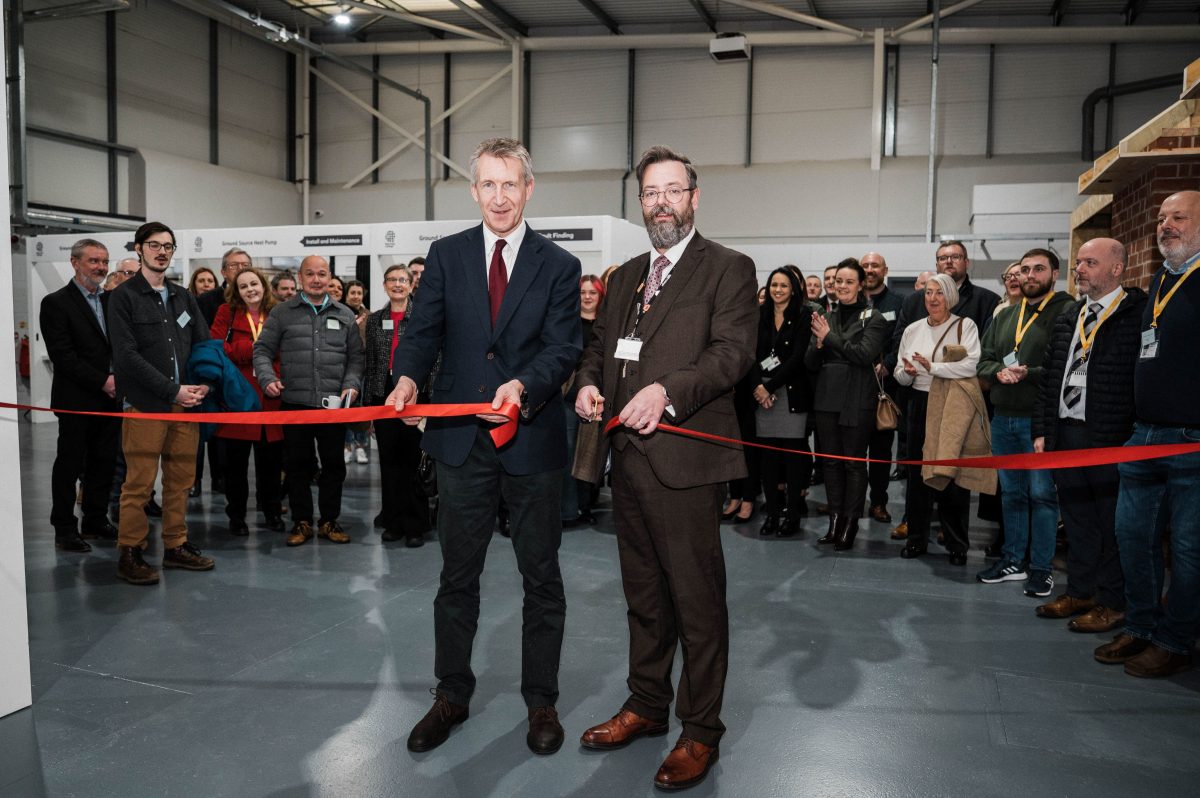
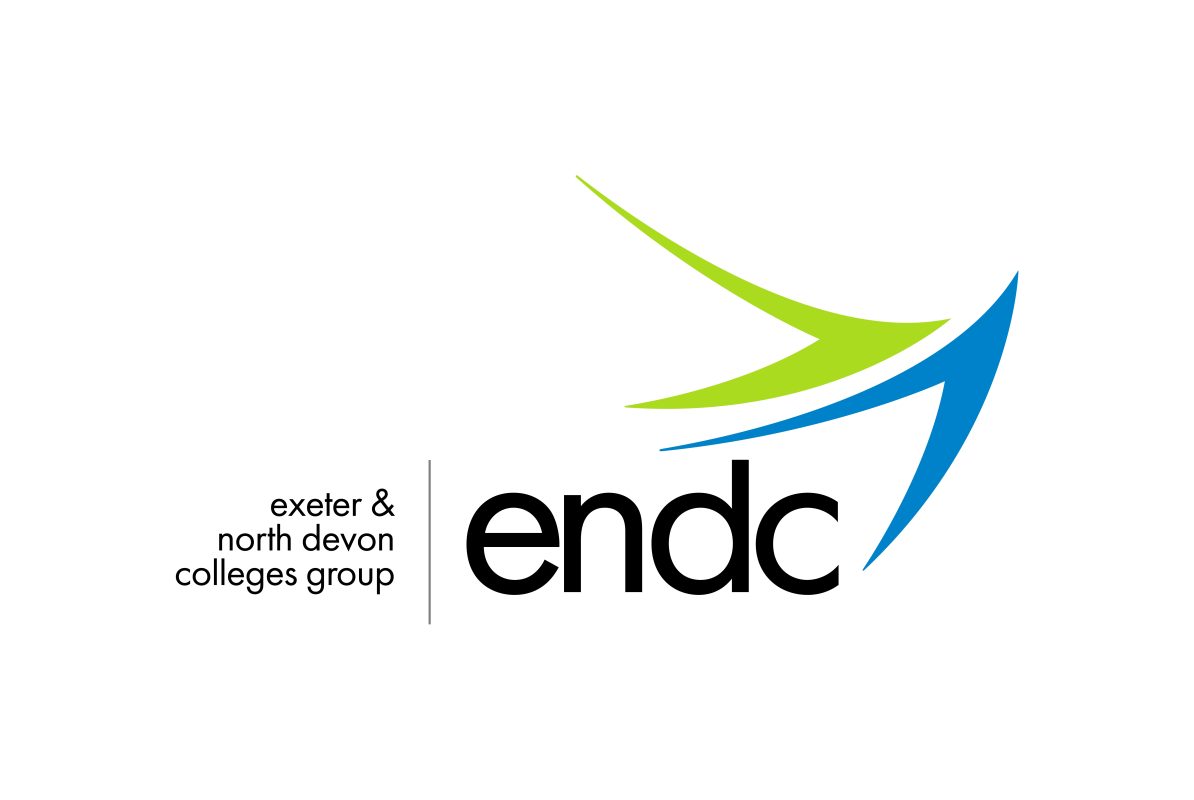
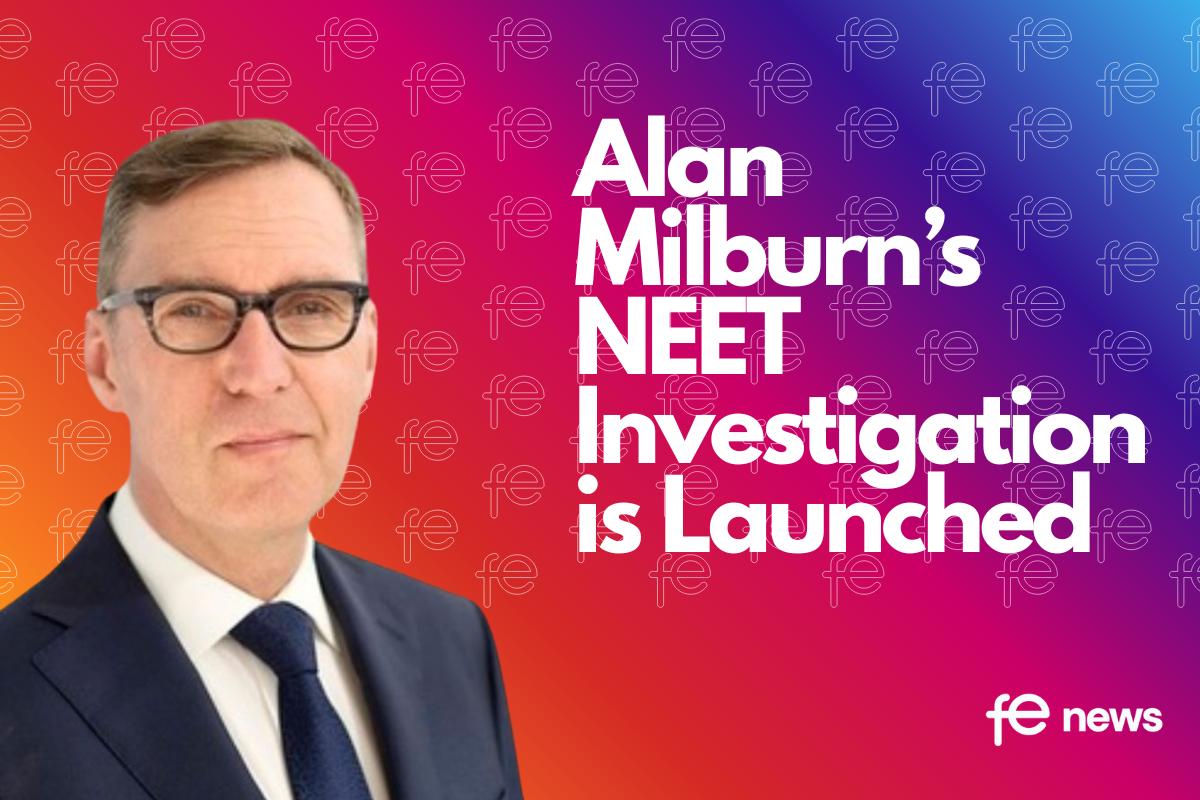
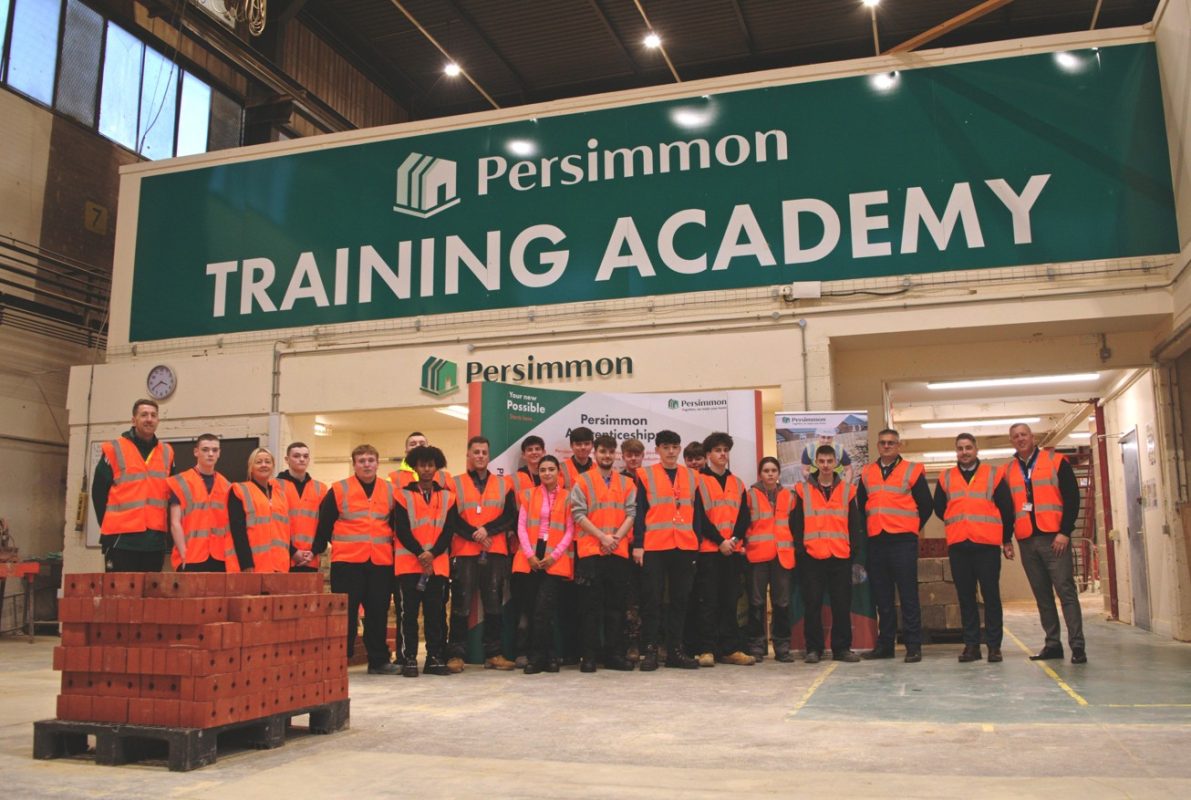

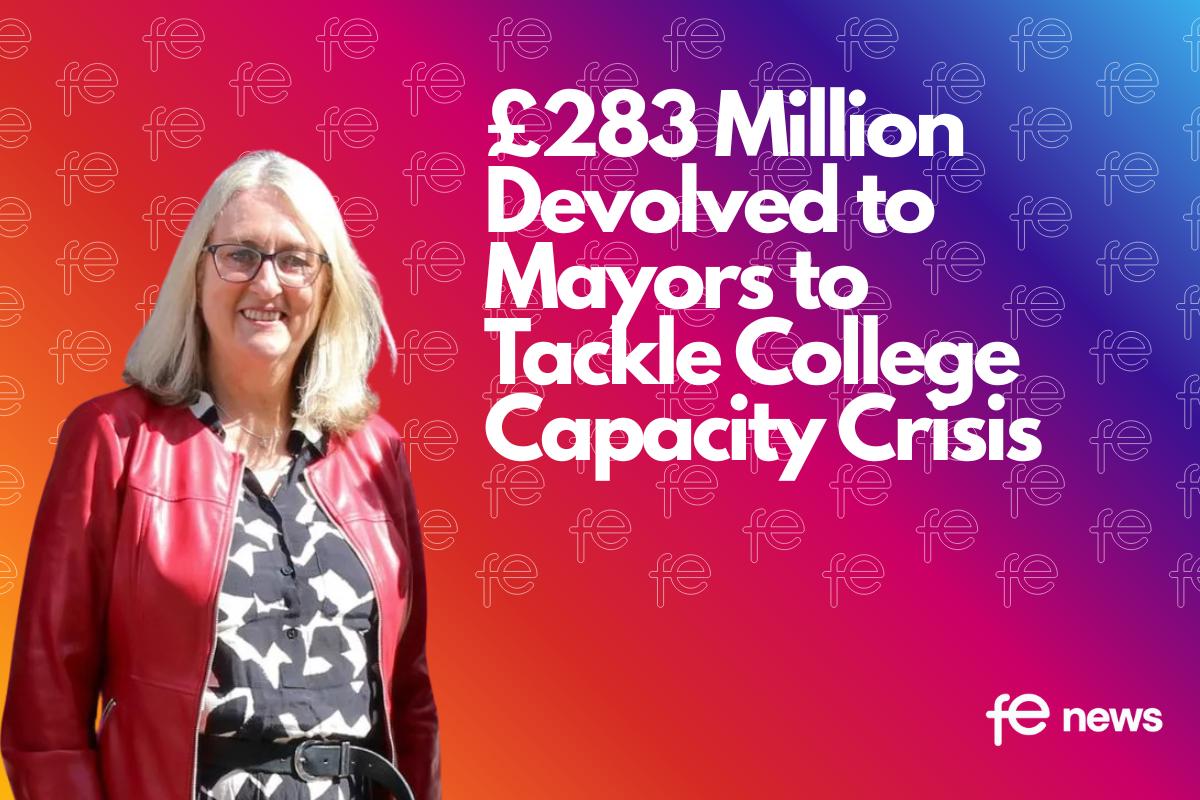
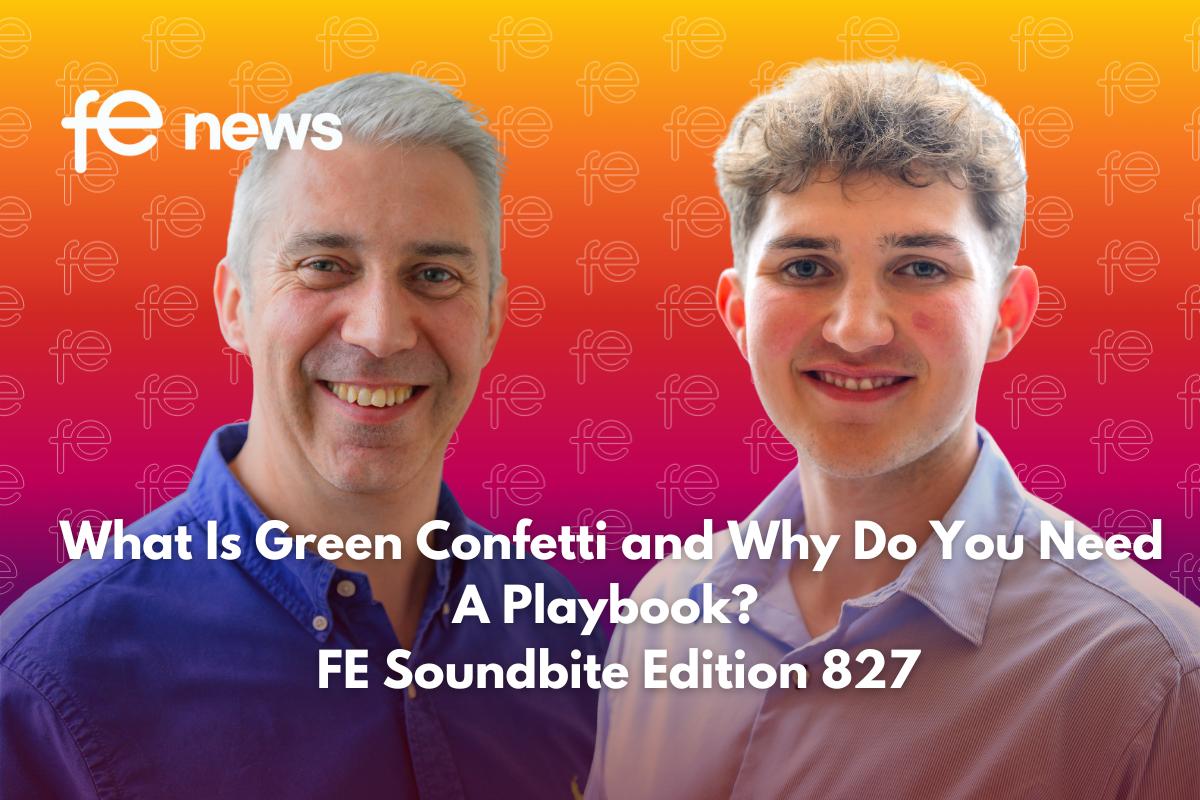

Responses